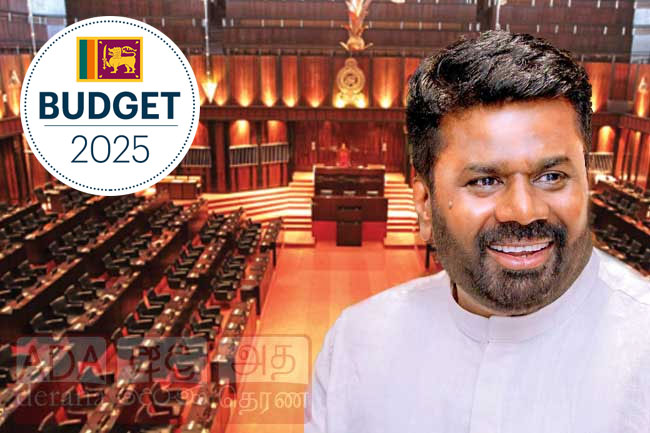Sri Lanka’s parliament passed the maiden budget of the National Peoples Power administration with 155 members of the 225 member assembly voting in favour and 46 against.
Transport Minister Bimal Rathnayake said the opposition described the fiscal plan as a Ranil budget, IMF budget and a neo-liberal budget, but the NPP had delivered around 80 percent of its election promises.
“We still have more years,” he said.
The budget had looked at sections of society who had been marginalized in the past including the Tamil community, families with autistic children, he said as well as greater benefits under the Aswesuma scheme.
Most tax payers have no objection to giving tax money to alleviate distress.
The budget also said there was a plan to hire able bodied unemployed graduates, about whom there is unhappiness among the tax paying public.
Deputy Finance Minister Anil Jayantha said the budget would increase capital spending.
Opposition legislator Harsha de Silva said the budget had many good aspects and continued many of the past policies but it was doubtful whether it conformed to the promises made to the people or the professed ideology of the NPP.
De Silva also raised concerns over expectations of revenue from vehicles given the high rates.
Sri Lanka had hiked vehicle taxes to high levels, in the naked Mercantilist belief that imports hit foreign reserves.
Foreign reserves however can only be hit by credit that is re-financed by the central bank through open market operations or other methods used to suppress interest rates, triggering loans without real deposits.


